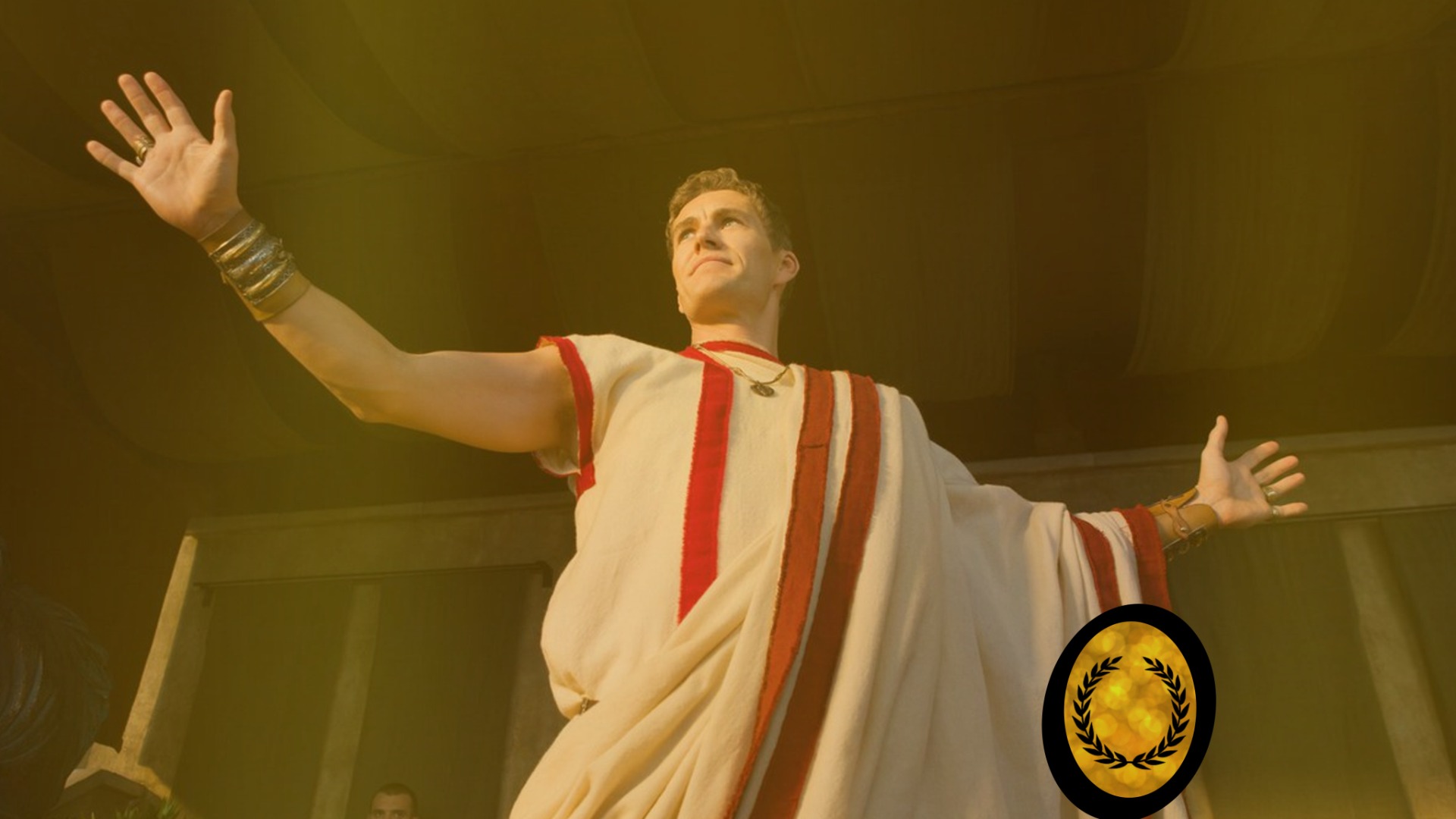Mercato first appears next to Batiatus when examining the gladiators in his home. When admiring the champion of the house Crixus, the Frenchman shows his sword to Mercato and scares the Roman. Batiatus rejoices with Mercato because it was the steel that killed the lives of the Gargan Twins.
Later, after Theokoles 'downfall and Spartacus' meteoric rise as champion, Mercato should host the next games in the arena, in honor of his grandfather, Marcus Minucius Rufus, who conquered the Thracians in the past.
While Mercato pays a visit to Batiatus, he reminds the lanista of Rufus's story, and how Mercato initially wanted the role of Rufus to be played by Crixus, although Teokoles' injuries proved that Gaul was incapable of combat. As Batiatus offers Gnaeus as a replacement, Mercato refuses and requests Spartacus, due to his recent stardom. Paying additional costs for the champion, Mercato accepts and believes that the next show would be a spectacle.
When the games finally arrive, while Spartacus is dressed in Rufus 'armor to face six other Thracian slaves, Mercato asks about the accumulated odds, unaware of Spartacus' request for disadvantage. While Mercato watches Spartacus allow a spear to almost end his life, Romano is increasingly concerned whether the champion will survive adversity or not, and comments to Batiatus if he realizes who has won this battle historically. Eventually, however, Spartacus manages to gain the advantage and defeat all his competitors, much to Mercato's delight. When Glaber arrives in Capua, he will meet with Mercato in hopes of finding out what happened to Licínia, cousin of the wealthy Marcus Licinius Crasso. This meeting is not going well, as Mercato gives no explanation of what happened, leaving Glaber frustrated.












